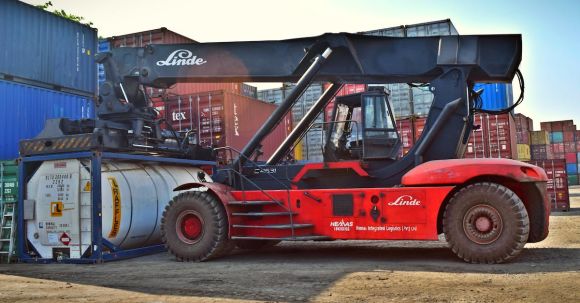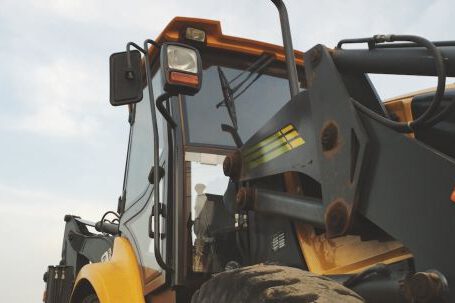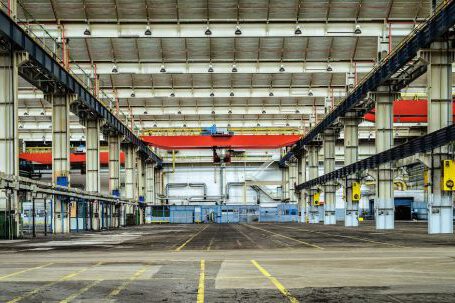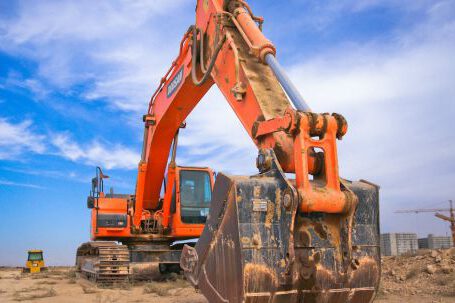The loader is an essential piece of machinery when it comes to loading and unloading goods. Whether you’re a large business with a fleet of loaders or a small business with just one, it’s important to maintain your loader to ensure it operates at peak performance and lasts for years to come. This article looks at some of the best guidelines for maintaining your loader.
Check for Wear and Tear
The first step in loader maintenance is to check for any signs of wear and tear. This includes checking for any cracks, dents, or other damage that has occurred over time. You should also check for any signs of corrosion or rust, as this can affect the performance of your loader and may require repairs.
Inspect All Fluid Levels
It’s important to inspect all fluid levels and make sure they’re at the right levels. This includes engine oil, hydraulic fluid, and coolant. Depending on your loader, there may be other fluids that need to be monitored as well. In addition, you should also check the condition of the filters and make sure they are not clogged or blocked.
Check All Moving Parts
It’s essential to check all moving parts of your loader, such as the brakes, steering, and suspension. Make sure these parts are functioning properly and that there are no signs of wear and tear. If there are any issues, they should be addressed immediately to prevent further damage and ensure your loader is operating safely.
Check the Tires
The tires of your loader should also be inspected for signs of wear and tear. Make sure the tread is at the correct level and that the tires are properly inflated. If you notice any signs of damage, you should have the tires replaced immediately.
Clean and Grease
It’s important to clean and grease your loader on a regular basis. This will help protect the moving parts and ensure they are functioning properly. Greasing the loader also helps reduce friction and wear, which can extend the life of your loader.
Perform Regular Maintenance
Performing regular maintenance on your loader is essential for ensuring it operates at peak performance and lasts for years to come. This should include changing the oil and filters, checking the brakes, and inspecting all moving parts. If you’re not a mechanical expert, it’s best to have a professional inspect your loader periodically to ensure everything is functioning properly.
Check for Leaks
Leaks are a common problem with loaders and can cause a number of problems. It’s important to check for any signs of leaks, including oil, hydraulic fluid, and coolant. If you notice any leaks, they should be addressed immediately to prevent further damage.
Conclusion
Maintaining your loader is essential for ensuring it operates at peak performance and lasts for years to come. Following the best guidelines for loader maintenance can help you keep your loader running smoothly and efficiently. Make sure to check for wear and tear, inspect fluid levels, check all moving parts, check the tires, clean and grease, perform regular maintenance, and check for leaks. By following these guidelines, you can ensure that your loader operates at its best and lasts for years to come.






